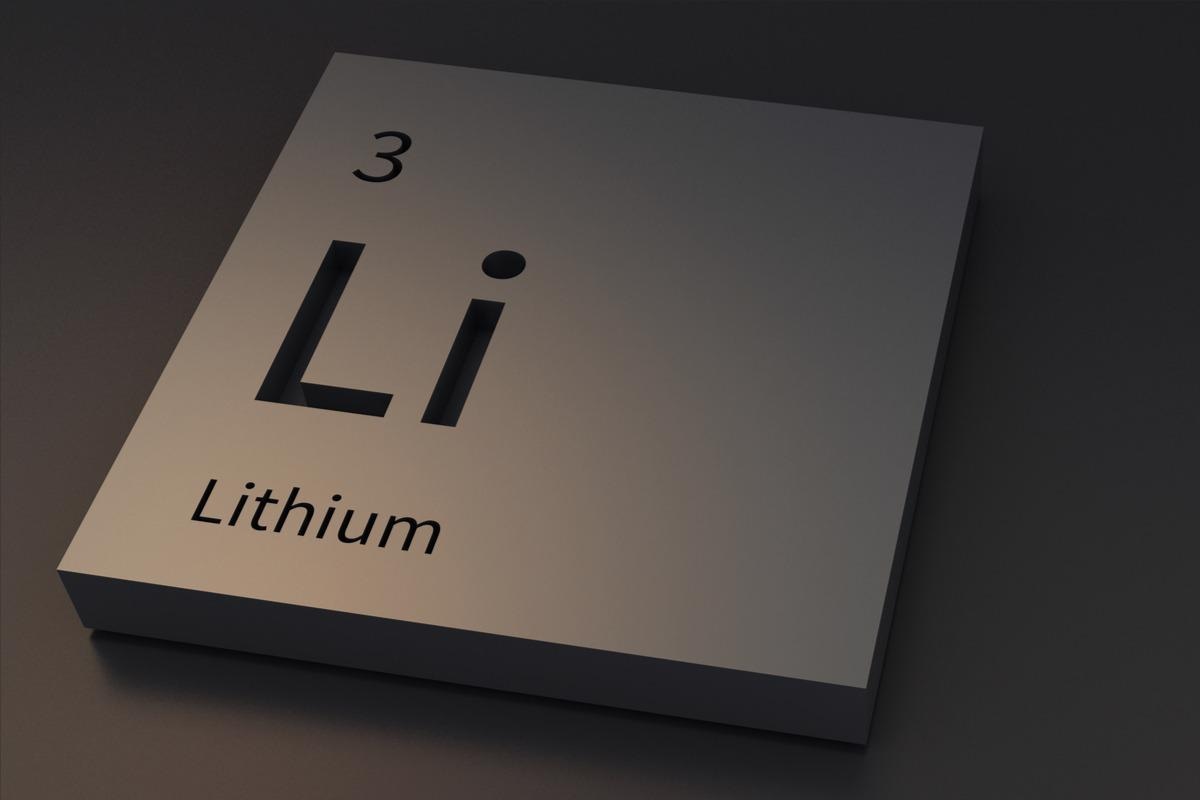Study assesses the efficacy and safety of lithium treatment in patients infected with severe SARS-CoV-2

In a recent study published in the Frontiers in Pharmacology journal, researchers assessed the efficacy and safety of using lithium for coronavirus disease 2019 (COVID-19) treatment.

Administering severe acute respiratory syndrome coronavirus 2 (SARS-CoV-2) vaccines has been the sole strategy for combating the pandemic so far. However, the constant emergence of novel variants, refusal of a section of the general public to receive vaccines, and the rising number of hospitalizations in SARS-CoV-2-infected individuals have necessitated the development of a potent antiviral agent.
About the study
In the present study, researchers conducted a clinical trial to estimate the efficacy and safety of using lithium as a treatment method in severe COVID-19 patients.
The team executed a prospective, longitudinal, and comparative study between two groups: (1) a control group comprising COVID-19 patients treated with a standard method of treatment using dexamethasone and (2) an experimental group comprising COVID-19 patients with dexamethasone as well as lithium carbonate. The experimental cohort was administered 200 mg every 12 hours of lithium carbonate administration, ensuring that the plasma levels were between 0.6 mEq/ L and 1.2 mEq/ L.
COVID-19-positive patients admitted to the Hospital Álvaro Cunqueiro, Spain, were included in the study. The patients eligible for the study were aged 18 years and above and did not require admission to the intensive care unit (ICU) at the time of study enrolment. All the patients were confirmed to be COVID-19 positive by reverse transcription-polymerase chain reaction (RT-PCR). The team performed 1:1 randomization taking into account the gender and age of the patients. The team also obtained plasma samples to determine cytokines via enzyme-linked immunosorbent assay (ELISA) quantitatively. Levels of c-reactive protein (CRP) and absolute lymphocyte count were also recorded.
The team also performed a multiplex one-step real-time RT-PCR to identify an exogenous ribonucleic acid (RNA)-based internal control (IC) and four viral targets such as the structural protein envelope (E) gene, the nucleocapsid (N) gene, the RNA-dependent RNA polymerase (RdRP) gene, and the spike (S) gene. Furthermore, the serological evaluation of the samples was performed using chemiluminescent immunoassay (CLIA) assays.
The primary outcome of the study included the measurement of the duration of hospitalization and the number of patients that required ICU admission. The secondary outcomes included the evaluation of clinical and analytical parameters.
Results
The study results showed that among the 30 patients eligible for the research, 30% reported hypertension, 20% had dyslipidemia, and 16% had obesity. No adverse effects of the lithium carbonate treatment were observed in any of the patients. The team found that lithium treatment decreased the overall number of days of hospitalization as the control group spent 12.43 days and the lithium group spent 6.47 days in the hospital. Notably, none of the patients treated with lithium carbonate required ICU admission while no deaths were reported. On the other hand, in the control group, two patients needed ICU admission, and one patient succumbed to death.
Evaluation of the control and the experimental groups during hospitalization showed that lithium treatment substantially improved blood lymphocyte levels. However, the lymphocyte levels returned to normal levels at discharge. Furthermore, lymphoma was observed in the control group patients for 9.79 ± 11.14 days and in the lithium-treated group for 3.87 ± 2.53 days. The team also observed a significant response against inflammation after lithium treatment. This was noted in the reduction in interleukin-6 (IL-6), IL-10, and tumor necrosis factor α (TNFα) levels in the lithium-treated group compared to the control cohort.
Moreover, the estimation of the neutrophil-lymphocyte ratio (NLR) and the CRP levels showed that treatment with lithium reduced NLR and CRP levels to low extents. This was evidenced as the NLR levels were 116 ± 53.94 and 40.06 ± 6.544 while the CRP levels were 1323 ± 491.4 and 549.7 ± 100.9 in the control and lithium-treated cohorts, respectively. Lithium treatment also lowered the levels of IL-12, IL1b, programmed death-ligand 1 (PD-L1), inducible protein-10 (IP-10), interferon-gamma (IFN-γ), and tissue inhibitor of metalloproteinase-3 (TIMP3). The team also found that lithium treatment reduced levels of ferritin and D-dimer.
Conclusion
The study findings showed that treatment with lithium carbonate was safe and efficacious in treating and curbing disease severity in COVID-19-infected patients. Lithium sufficiently reduced the levels of inflammatory cytokines, thus reducing the likelihood of severity of infection and risk of death. The researchers believe severe COVID-19 treatment with lithium requires further investigation and analysis.
- Spuch, C. et al. (2022) "Efficacy and Safety of Lithium Treatment in SARS-CoV-2 Infected Patients", Frontiers in Pharmacology, 13. doi: 10.3389/fphar.2022.850583. https://www.frontiersin.org/articles/10.3389/fphar.2022.850583/full
Posted in: Medical Science News | Medical Research News | Disease/Infection News
Tags: Assay, Blood, Clinical Trial, Coronavirus, Coronavirus Disease COVID-19, covid-19, C-Reactive Protein, Cytokines, D-dimer, Dexamethasone, Dyslipidemia, Efficacy, Enzyme, Gene, Hospital, Immunoassay, Inflammation, Intensive Care, Interferon, Interferon-gamma, Interleukin, Interleukin-6, Ligand, Lithium, Lithium Carbonate, Lymphocyte, Lymphoma, Necrosis, Obesity, Pandemic, PD-L1, Pharmacology, Polymerase, Polymerase Chain Reaction, Protein, Research, Respiratory, Ribonucleic Acid, RNA, SARS, SARS-CoV-2, Severe Acute Respiratory, Severe Acute Respiratory Syndrome, Structural Protein, Syndrome, TNFα, Transcription, Tumor, Tumor Necrosis Factor

Written by
Bhavana Kunkalikar
Bhavana Kunkalikar is a medical writer based in Goa, India. Her academic background is in Pharmaceutical sciences and she holds a Bachelor's degree in Pharmacy. Her educational background allowed her to foster an interest in anatomical and physiological sciences. Her college project work based on ‘The manifestations and causes of sickle cell anemia’ formed the stepping stone to a life-long fascination with human pathophysiology.
Source: Read Full Article